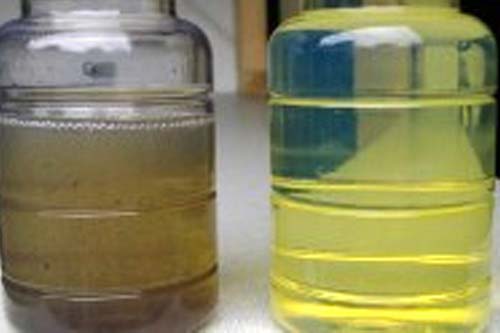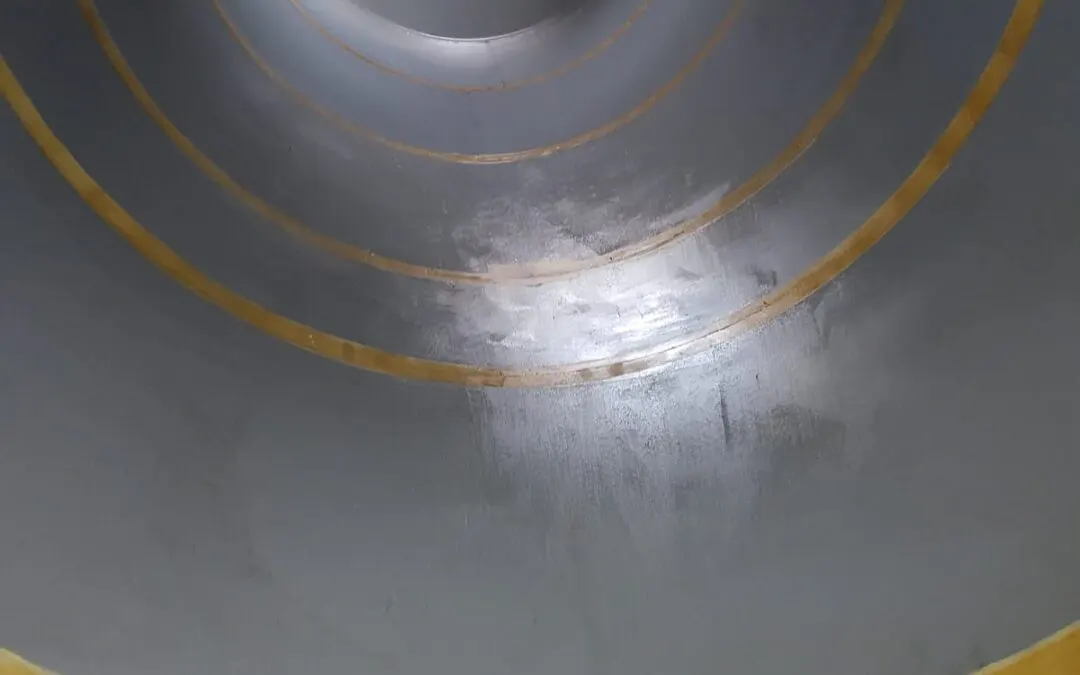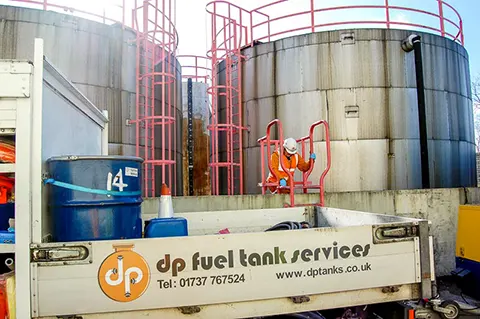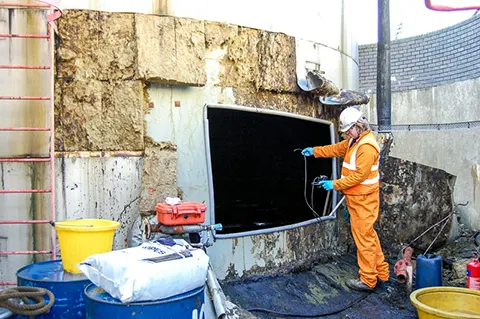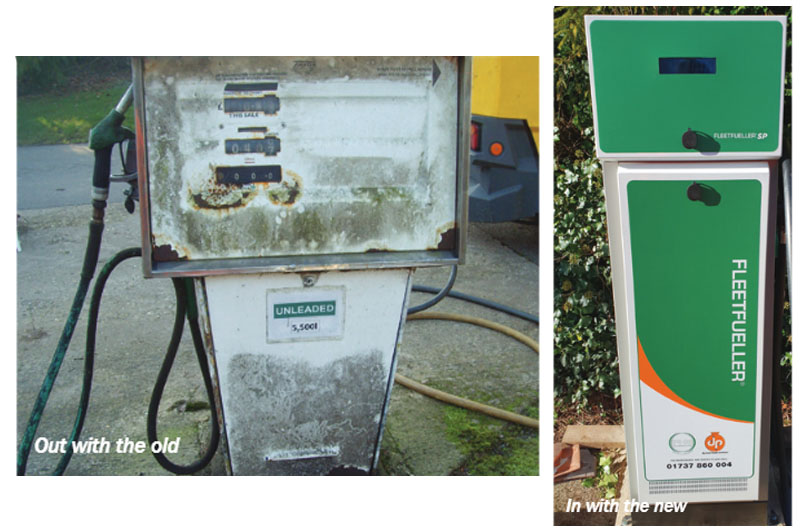Many sectors of the economy rely on fuel for their transportation needs, however are unsure about fuel’s properties and how long it lasts, leading people to ask ‘Does fuel go off?‘
With that in mind, it’s important to clarify how long fuel keeps.
Can fuel go off?
Although many people believe fuel lasts forever, it does go off. However, it’s important to note that it does last a considerable period of time.
In reality, the fuel’s quality begins to deteriorate as soon as it is put into a container.
Petrol typically has a shelf life of six months if it is kept in an airtight container at a specific temperature. However, if fuel becomes contaminated, that shelf life will be dramatically reduced.
The shelf life of fuel can be extended if treated with biocides and stabilisers, which could mean it will last considerably longer. Regular turning-over, by consuming and replacing your fuel stock, will also help avoid potential issues.
Ultimately, it’s a common misconception that fuel stays in optimum condition forever.
Does diesel fuel go off?
Like any other type of fuel, diesel has the potential to go off.
In fact, the quality of diesel can deteriorate within a month. It’s quite easy to tell if diesel fuel has gone off as there will be dramatic changes to its colour and smell.
Thankfully, there are ways to preserve diesel fuel quality like keeping it in a cool, dry, and dark location.
Not only that, the shelf life of diesel fuel can also be extended if it’s treated with biocides and stabilisers, which could mean it will last up to 12 months.
Does unleaded fuel go off?
Unleaded fuel is the name given to fuel with no lead additives.
It is commonly used in cars and, like diesel, unleaded fuel can also go off. Generally, it lasts for around a month when stored in a vehicle’s petrol tank.
Afterwards, it’s typical for unleaded fuel not to perform as well, increasing the risk of issues that impact on a car’s performance.
You can usually identify unleaded fuel that has gone off if there are problems with your car’s engine or your vehicle shuts down without warning.
Fortunately, most drivers use their cars regularly and so don’t experience this issue because they keep topping up their tank with new fuel.
What is the difference between ‘old fuel’ and ‘new fuel’?
Whether it is petrol or diesel, fuel has the potential to degrade over time, meaning it becomes oxidised and forms gums that can cause engine damage.
Old fuel tends to have a darker appearance with a sour odour that is distinct from the regular smell of diesel or petrol.
Fresh fuel is at its peak performance level, permitting optimal power and efficiency when used in an engine.
It’s important to note that while diesel will go off after a while regardless of the type of container in which it is stored, this period will be dramatically reduced if the fuel is exposed directly to heat.
Can I mix old and new fuel?
Although it is possible to mix old fuel with new, this can increase the likelihood of performance issues for your vehicle. With that in mind, it’s better to get rid of the old fuel safely and replace it with high-quality new fuel to preserve the health of your engine.
It is especially important to dispose of old fuel if it has become contaminated. Avoid mixing it with new fuel.
Ultimately, it’s a common misconception that fuel stays in optimum condition forever.
As time passes, it can go off. For that reason, it’s vital to remember that where fuel is stored can have a major influence on how long it lasts.
DP Tanks is dedicated to lengthening the life of fuel with its best-in-class fuel tank cleaning services.
No matter if your storage tanks are above ground or below, we possess the knowledge and skills when it comes to keeping them clean. We also closely align ourselves with those who want to protect the environment, and strive to recycle any water used in our cleaning services.
Our team of trained experts also knows the right way to handle fuel that has gone off, so be sure to contact us today to discover how we can help.
